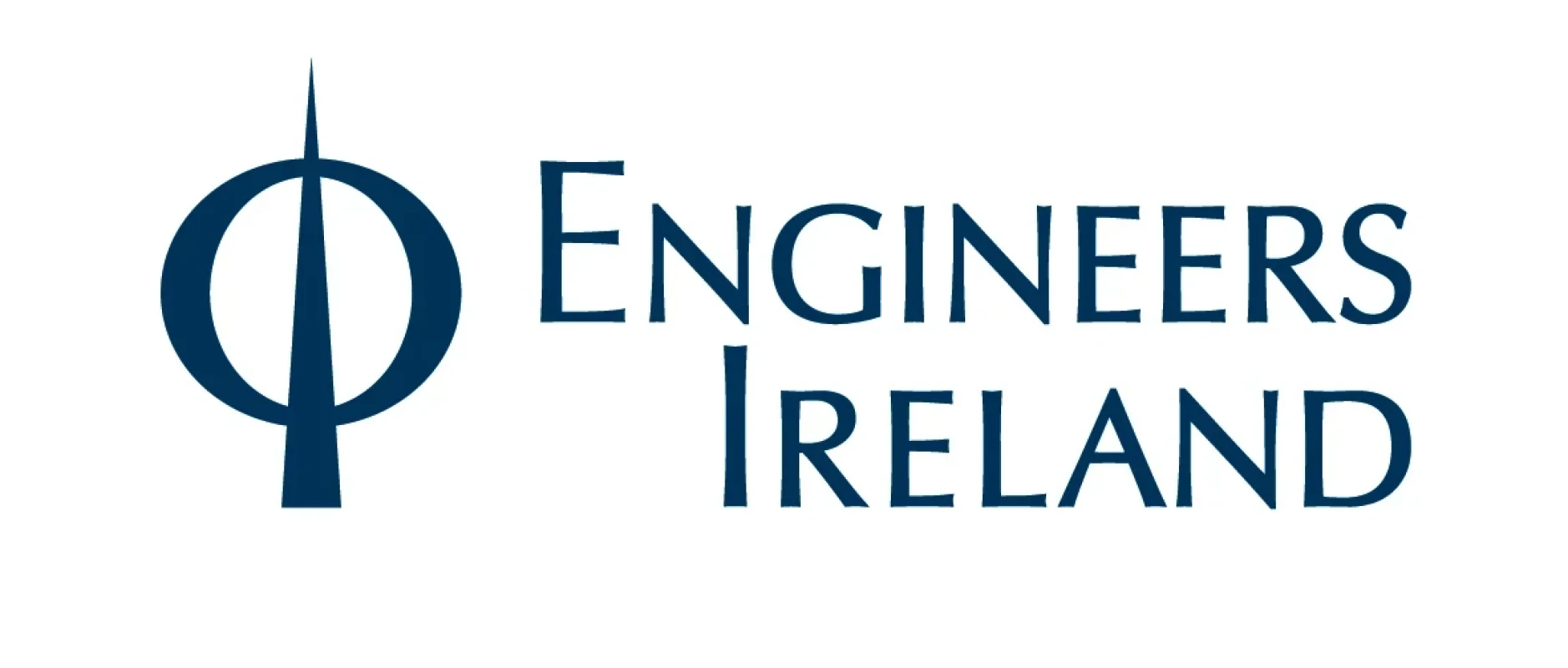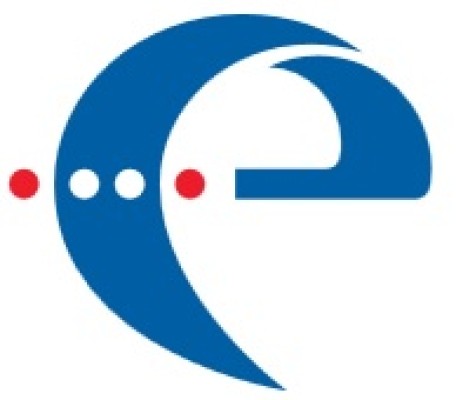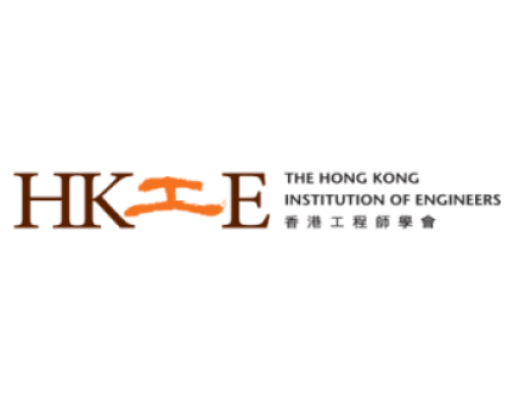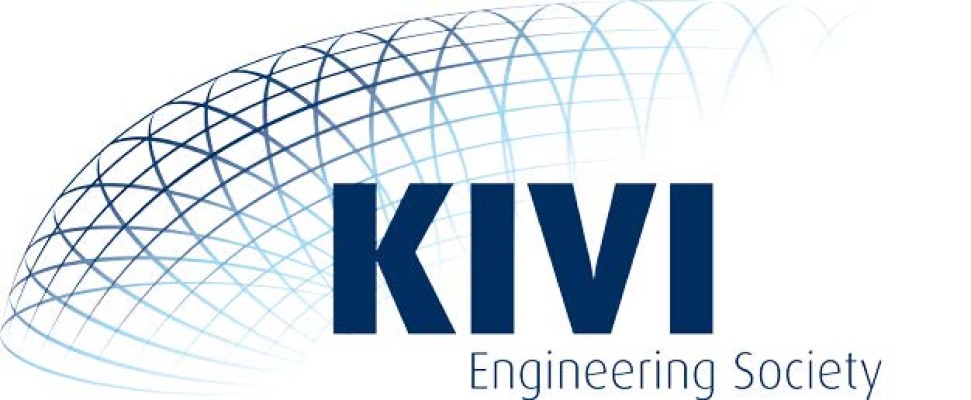The International Professional Engineers Agreement recognises the substantial equivalency of standards establishing the competency of professional engineers for independent practice.
Overview
Previously known as the Engineers Mobility Forum (EMF), the International Professional Engineers Agreement (IPEA), is a multi-national agreement between engineering organisations in the member jurisdictions which creates the framework for the establishment of an international standard of competence for professional engineering, and then empowers each member organization to establish a section of the International Professional Engineers Register.
The standard of competence applied is the same as for the APEC Engineer agreement. Most of the APEC agreement members are also members of the IPEA agreement, but the latter is truly global so that countries such as the United Kingdom, Ireland and South Africa have become members of IPEA even though they cannot join the APEC agreement.

“Enabling mobility, the IPEA supports professional engineers in contributing their expertise across geographies, to where their skills and innovation are most needed”
Chair of the IPEA
The Professional Competence Profile
The IPEA Professional Competence Profile establishes competency benchmarks for professional engineers qualified for independent practice, utilising the same rigorous standards as the APEC Engineer framework for global consistency.
Comprehend and Apply Universal Knowledge
Comprehend and apply advanced knowledge of the widely-applied principles underpinning good practice
Comprehend and Apply Local Knowledge
Comprehend and apply advanced knowledge of the widely-applied principles underpinning good practice specific to the jurisdiction of practice
Problem Analysis
Define, investigate and analyse complex problems using data and information technologies where applicable
Design and Development of Solutions
Design or develop solutions to complex problems considering a variety of perspectives and taking account of stakeholder views
Evaluation
Evaluate the outcomes and impacts of complex activities
Protection of Society
Recognise the foreseeable economic, social, and environmental effects of complex activities and seek to achieve sustainable outcomes*
Legal, Regulatory, and Cultural
Meet all legal, regulatory, and cultural requirements and protect public health and safety in the course of all activities
Ethics
Conduct activities ethically
Manage Engineering Activities
Manage part or all of one or more complex activities
Communication and Collaboration
Communicate and collaborate using multiple media clearly and inclusively with a broad range of stakeholders in the course of all activities.
Continuing Professional Development and Lifelong Learning
Undertake CPD activities to maintain and extend competences and enhance the ability to adapt to emerging technologies and the ever-changing nature of work.
Judgement
Recognise complexity and assess alternatives in light of competing requirements and incomplete knowledge. Exercise sound judgement in the course of all complex activities
Responsibility for Decisions
Be responsible for making decisions on part or all of complex activities
Authorised Members (15)
There are currently 15 authorised members of the IPEA, representing engineering organisations that maintain national sections of the International Professional Engineer register worldwide.
Provisional Members (5)
There are currently four provisional members of the IPEA agreement, representing engineering organisations working toward full recognition and establishment of national sections of the International Professional Engineer register.
Executive Committee
The IPEA Executive Committee provides strategic leadership and oversight, coordination activities among members and ensuring consistent implementation of agreement standards and policies worldwide.
Mr Craig Price
Chair - International Professional Engineers Agreement
Mr TC Madikane
Deputy Chair - International Professional Engineers Agreement
Engineering Council South Africa (ECSA)














